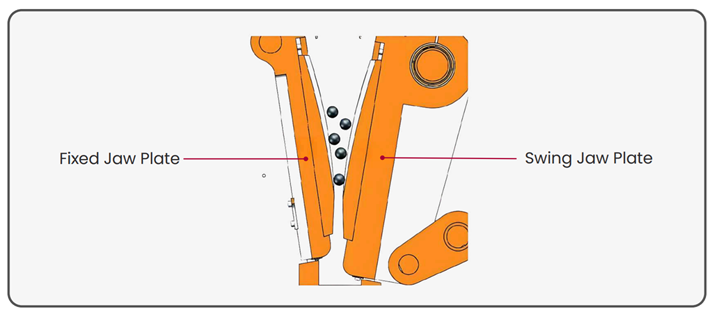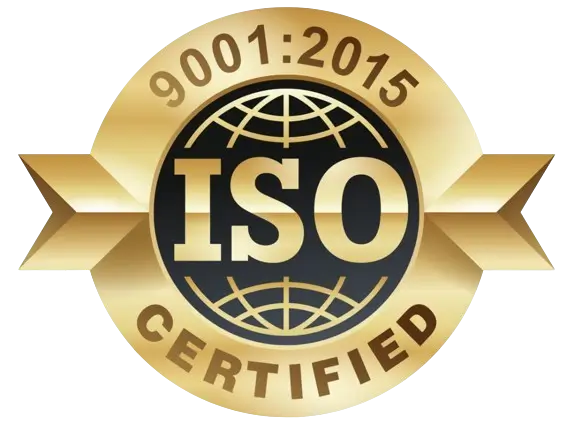JAW CRUSHERS
Torontech Jaw Crushers are built for fast, precise crushing of hard and brittle materials. From compact bench-top designs to high-capacity models, they offer excellent sample fineness, durable construction, and user-friendly features. Ideal for labs and small-scale production.
Available Products | Jaw Crushers for Sale
Jaw Crusher JC7
| Feed size:<110mm
| Final fineness: 95%<2mm
| Speed: 740rpm
Jaw Crusher JC6
| Feed size: <40mm
| Final fineness: <0.5mm
| Speed: 500-1000rpm
Jaw Crusher JC5
| Feed size:<90mm
| Final fineness:<2mm
| Speed:305rpm
Applications Across Industries
Our jaw crushers are suitable for various materials, including:
Mining & Metallurgy: ores, coal, slag, coke, niobium, titanium alloys, vanadium iron, chrome vanadium, tungsten carbide
Chemical Industry: pre-treatment of chemical raw materials for further analysis
Geology & Mineralogy: rocks, granite, basalt, barite, silicates
Ceramics: talc, sintered clay, electric ceramics
Construction Materials: bauxite, quartz, cement, slag bricks

Working Principle of Jaw Crushers
All Torontech jaw crushers operate based on a wedge-shaped crushing chamber. Samples are fed through an anti-splash hopper into the chamber. One jaw remains fixed, while the other is driven by a curved axle, moving in an elliptical pattern powered by a continuously rotating motor.
This motion creates a strong squeezing force, reducing sample size efficiently. Once the material reaches a size smaller than the discharge gap, it falls into a secure collection drawer.
This design ensures:
Consistent size reduction
Gravity-assisted discharge
Minimal sample contamination
Easy cleanup and operation

Frequently Asked Questions (FAQ) – Jaw Crushers
What is a Jaw Crusher?
A jaw crusher is a mechanical device used for crushing hard, brittle, and tough materials. It operates by compressing material between a fixed jaw and a moving jaw, forming a V-shaped chamber. As the moving jaw exerts force on the material, it breaks into smaller pieces, which then fall through the discharge opening.
What is a jaw crusher used for?
A jaw crusher is used for the primary size reduction of hard, brittle, and tough materials. It is commonly used in laboratories, mining, metallurgy, geology, ceramics, chemicals, and construction industries. Jaw crushers break down large samples into smaller pieces for further analysis or processing.
What are the advantages of a jaw crusher?
High crushing efficiency
Wide material compatibility (ores, ceramics, slag, coal, etc.)
Simple structure with easy maintenance
Available in both desktop and floor-standing models
Adjustable gap for precise final fineness
Multiple jaw plate material options to reduce contamination
What are the disadvantages of a jaw crusher?
Not suitable for very soft or sticky materials
Produces more dust compared to other crushers
Final particle size may require secondary milling
Larger models require more space and installation setup
How do I select the right jaw crusher model?
Choose based on:
Feed size and final fineness requirements
Sample type (hardness, abrasiveness)
Throughput capacity
Space constraints (desktop vs. floor models)
Contamination concerns (jaw plate material options)
Please Contact us for pricing, check availability, or ask for additional information about our Jaw Crushers




